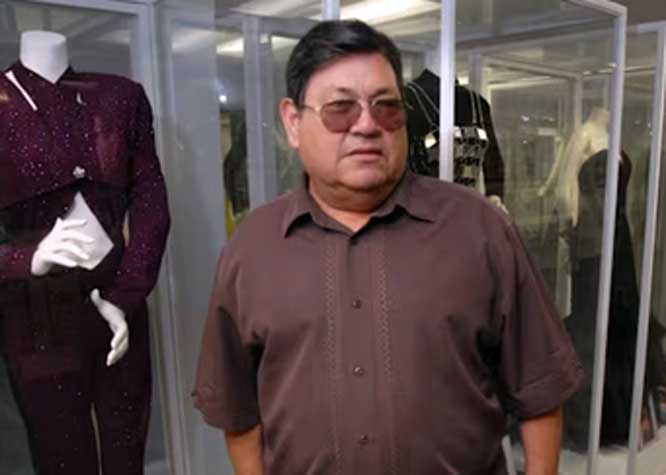Patriots vs Giants Game Recap: New England’s 10th Straight Win. NFL Team Stats Breakdown
Another sports NFL 2025 updates: Check out the full Patriots vs Giants Game Recap online. On a crisp Monday night at Gillette Stadium, the New England Patriots continued their remarkable march through the 2025 NFL season. They dismantled the New York Giants 33-15, improving their league-best record to 11-2. Quarterback Drake Maye showed impressive skill and precision in his passing, solidifying the Patriots as the AFC’s top team as they head into their bye week. With this win, the Patriots have now claimed 10 consecutive victories, raising hopes that they might once again reach the top of professional football.
Drake Maye Shines as the Patriots’ Commanding Leader
At just 23 years old, Drake Maye’s rise has become one of the defining stories of New England’s season. On Monday, Maye completed 24 of 31 passes for 282 yards, with two touchdowns and no interceptions. He displayed remarkable accuracy and composure against a Giants defence eager to slow down the Patriots’ offence. Maye’s completion rate of over 71% this season makes him the only qualified quarterback to exceed the 70% mark, showing his consistency and efficiency in the pocket.
Patriots head coach Mike Vrabel praised Maye’s leadership, calling him “the conductor” of the offense. “He’s realizing what he can be and the impact that he makes on this team,” Vrabel said, highlighting Maye’s growing confidence and control over the Patriots’ complex game plan. Veteran wide receiver Stefon Diggs echoed these thoughts, pointing out Maye’s “promise” and steady hand as key reasons behind New England’s recent success.
Dominant Team Effort Despite Key Injuries
The 33-15 victory was even more impressive considering the Patriots’ ability to overcome multiple significant injuries. The team played without starting left tackle Will Campbell and left guard Jared Wilson on the offensive line, along with two of their top defensive tackles, Milton Williams and Khyiris Tonga. Additionally, All-Pro special teams ace Brenden Schooler missed the game due to an ankle issue. Despite these absences, New England’s depth and discipline stood out.
The Patriots set the tone early, starting with a field goal on their first drive before increasing their lead. A highlight came from Marcus Jones, who energized the crowd with a 94-yard punt return for a touchdown, turning special teams into a powerful momentum tool. A hard hit from linebacker Christian Elliss on Giants quarterback Jaxson Dart fired up the defense and set up another touchdown, pushing the score to 17-0 by the end of the first quarter.
Key Plays and Statistical Milestones
Maye’s two touchdown passes—a quick 3-yard throw to Kayshon Boutte and a precise 33-yarder to Kyle Williams—were expertly executed against tight coverage. This showcased his improved decision-making and timing. This marked Maye’s sixth game this season completing at least 75% of his passes with at least two touchdown passes, matching an NFL record set by Matt Ryan in 2016. Both Ryan and the legendary Tom Brady, who holds the record for the most of such games in a season, earned MVP honors in their respective seasons. This has led to discussions about Maye’s MVP potential as the season nears its end.
According to ESPN Analytics, the Patriots’ chances of securing the No. 1 seed in the AFC rose from 37% to 46% following this victory. Their statistical dominance, demonstrated by ball control, efficient third-down conversions, and strong defense, has turned them into a well-rounded threat that few teams can match.
Looking Ahead: The AFC East Race and Playoff Implications
With the Patriots’ record now the best in the NFL, the AFC East title is within reach. The Buffalo Bills have dominated the division for the past five years, but New England seems ready to end that streak if they can defeat the Bills in their upcoming home game on December 14. That game will be crucial in the Patriots’ resurgence and highlights the intense competition in the AFC.
After their bye week, the Patriots will travel to Baltimore to face the Ravens on December 21. This matchup could further shape the standing in the conference. Maye recognized the value of the bye week, mentioning the chance to “get healthy, get some guys back, and make a push.” The Patriots’ ability to keep their momentum while managing injuries will be crucial as they approach the playoffs.
Conclusion
The New England Patriots’ 33-15 win over the New York Giants marked their impressive 10-game winning streak and reinforced their status as the team to beat in the NFL. With Drake Maye skillfully leading the offense and a deep roster stepping up amidst injuries, New England is not just competing—they are thriving. As the season progresses, the Patriots are instilling fear in their AFC rivals with a mix of veteran savvy and youthful energy that could take them deep into January.
For fans and analysts alike, the Patriots’ path is clear: this is a rising team led by a quarterback making his mark as one of the league’s top talents. The excitement of the AFC East race and the pursuit of playoff success promise to keep the football world engaged in the coming weeks.






